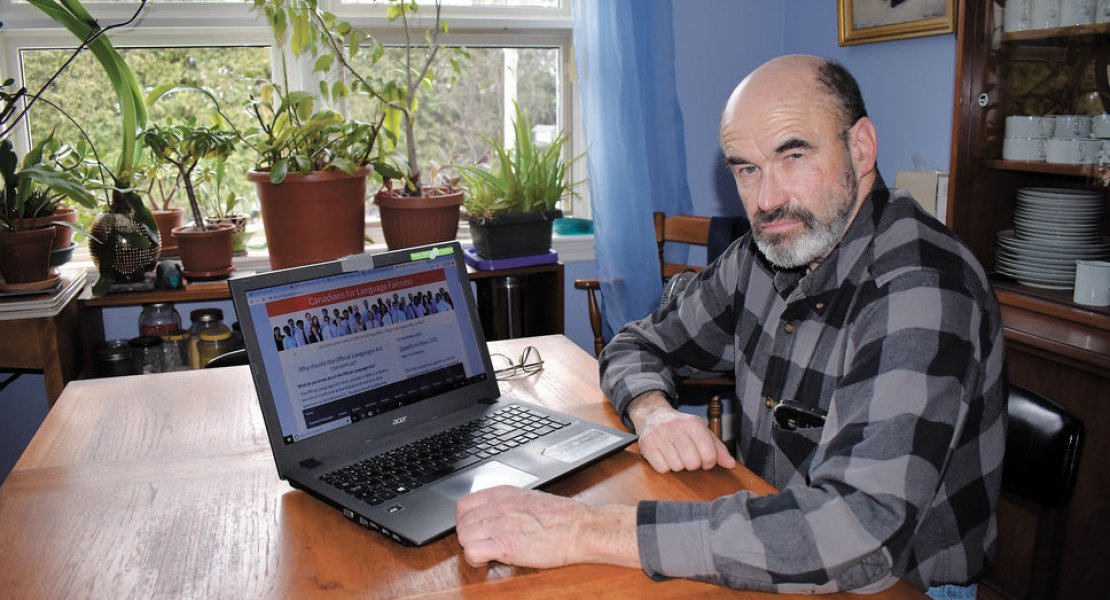This is a continuation of Jean-Serge Brisson’s article published in the Winter 2019 issue of Bulletin.
When the news of my victory died down after the GST trial, I didn’t know what I would do to force a resolution to the situation I was in. I mean, I didn’t do all of this just for kicks. As per my comments to the investigator back in 1994, my intent was to end this practice of slavery by small business for the government.
That is why I mentioned to David Lindsay during the latest trial that should I come out of this with a victory, it can’t stop here. He agreed. This last court action by the government towards me was just “The End of the Beginning.”
As of this day, the intent is to start a Constitutional Challenge to how governments force small business to be their money collectors for no compensation. It is one of the last bastions of slavery in our society and the time has come to end this fraudulent practice. But this is not just a small venture. This is a big one, if not the biggest challenge to government powers ever initiated. But it has to be done.
Especially with what has recently happened.
As per what happened when Howard Galganov and I challenged the Bilingual Sign Bylaw when it was introduced in my municipality of Russell Ontario, I intend to do the same on the challenge to business slavery for governments.
I will never be charged for not collecting money for the government. As a result, if they won’t take me on, then the government will have to be taken on.
This will mean bringing in expert witnesses on various issues such as slavery, labour laws, Constitutional experts, and more, to prove that the government does not have the power to ever have established such a collection system on its people, specifically targeting a segment of society, which is its entrepreneurs.
What will this do or cause to happen? When the day comes that businesses do not have to collect money for the government, then it will be up to each and every individual to send in their own taxes.
As for contributions by employers to government programs such as EI, a formula can be figured out. I am not going to argue the specific math at this time, but let’s just say an amount such as 30% of a salary would be given to an employee to cover the employer’s share to pay for those “programs.” From there, the employee would send in that part and also their own personal contributions to those programs. So, if someone makes $20.00 per hour, and the top up is 30%, $6.00 per hour more would be sent to the Federal Government.
The employee would send in that $6.00 themselves, plus their own $6.00 an hour, leaving the employee with $14.00 dollars an hour of their salary. Now, THEY would start to feel the pain of having to send in that money every month. Same as many small businesses have to do now. Because as it stands now, when they receive their paycheck, the employees don’t feel the pain of having to pay the government, the employer does that for them.
Having to send in their contributions personally every month will change the attitude of many. Thus, having a third of the country’s voters not bothering to go to the polls would definitely change. To what percentage I am not sure, but many more would go and many more who do vote would not do so as cheering for a hockey team. There would definitely be more care behind who they will stand to run the country and in the same exchange, manage their future.
And naturally, this venture will cost a lot more than what I just spent in this last court case.
There are already plans being made to proceed with this venture. Stay tuned for more to come.
- Log in to post comments



